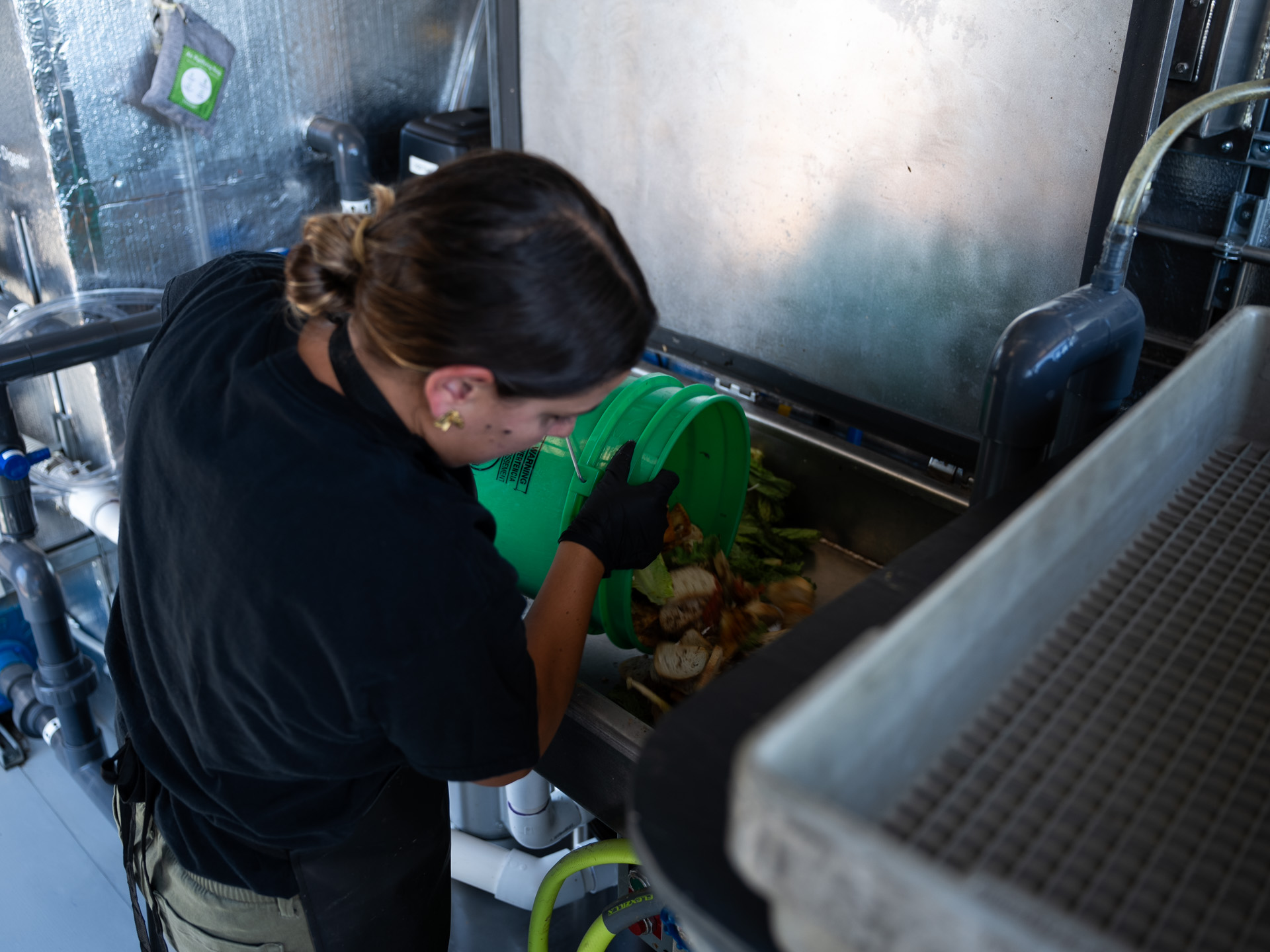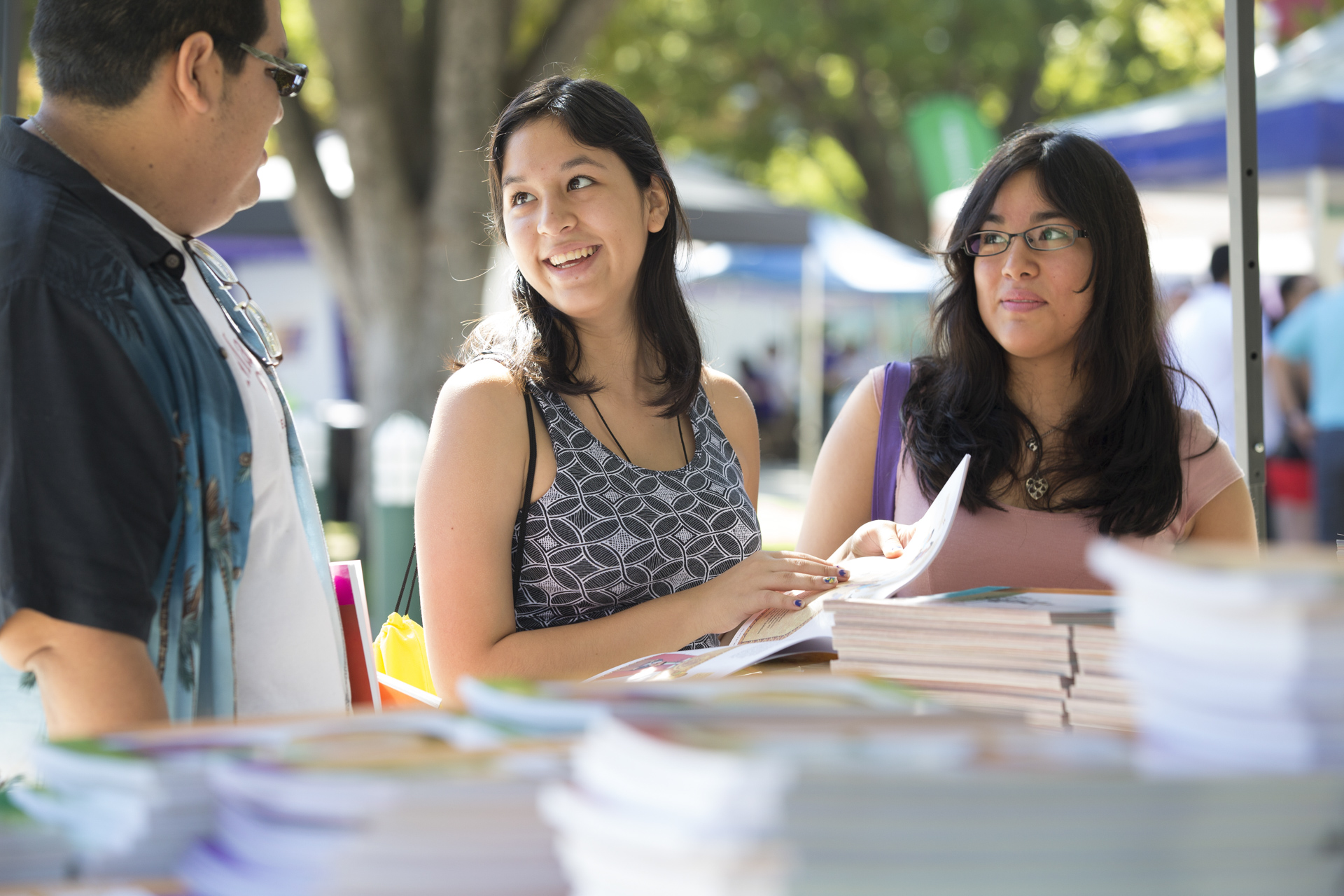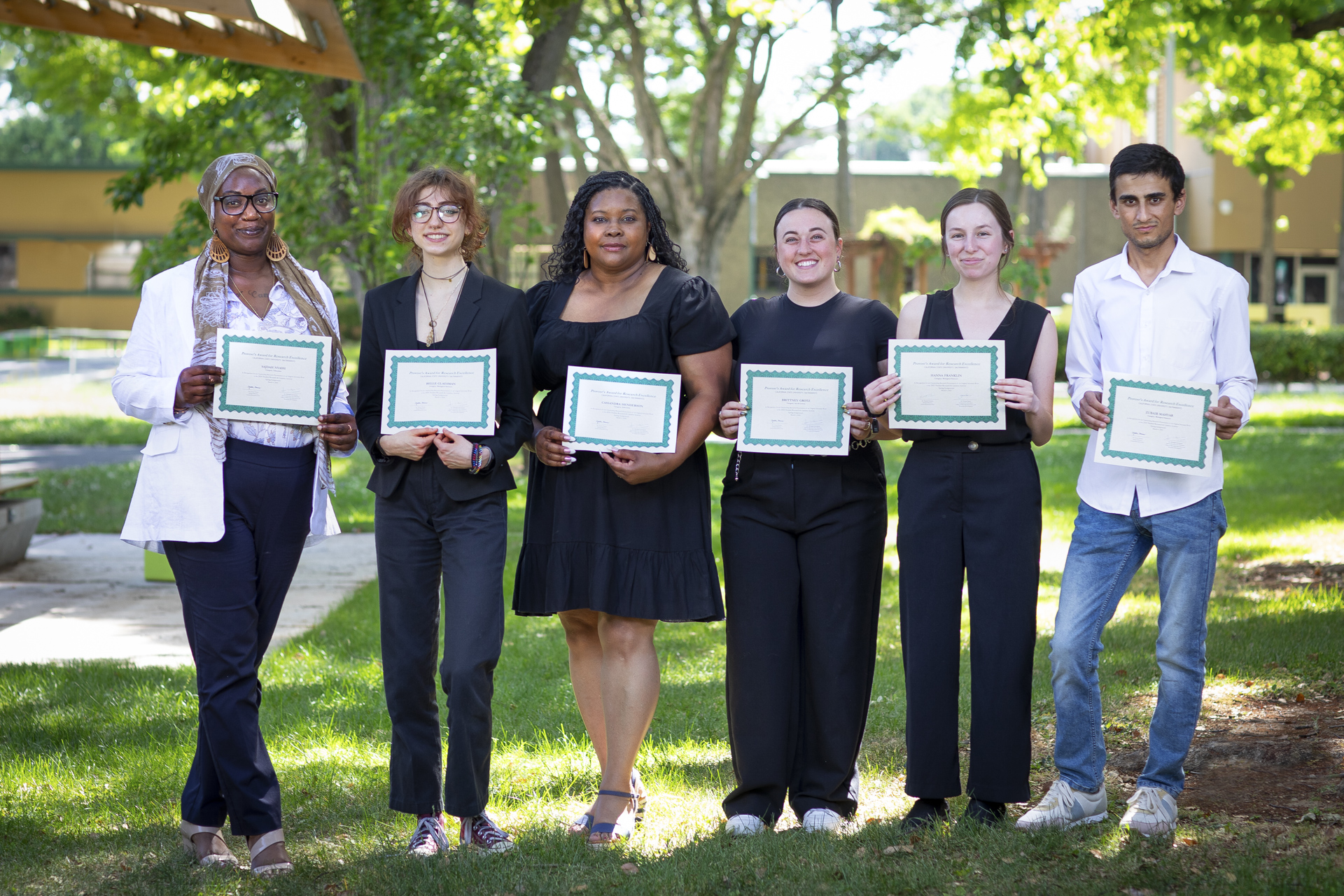Story Content
Celebrating 20 years, Sac State’s Tsakopoulos Hellenic Collection is a destination and resource for worldwide scholars
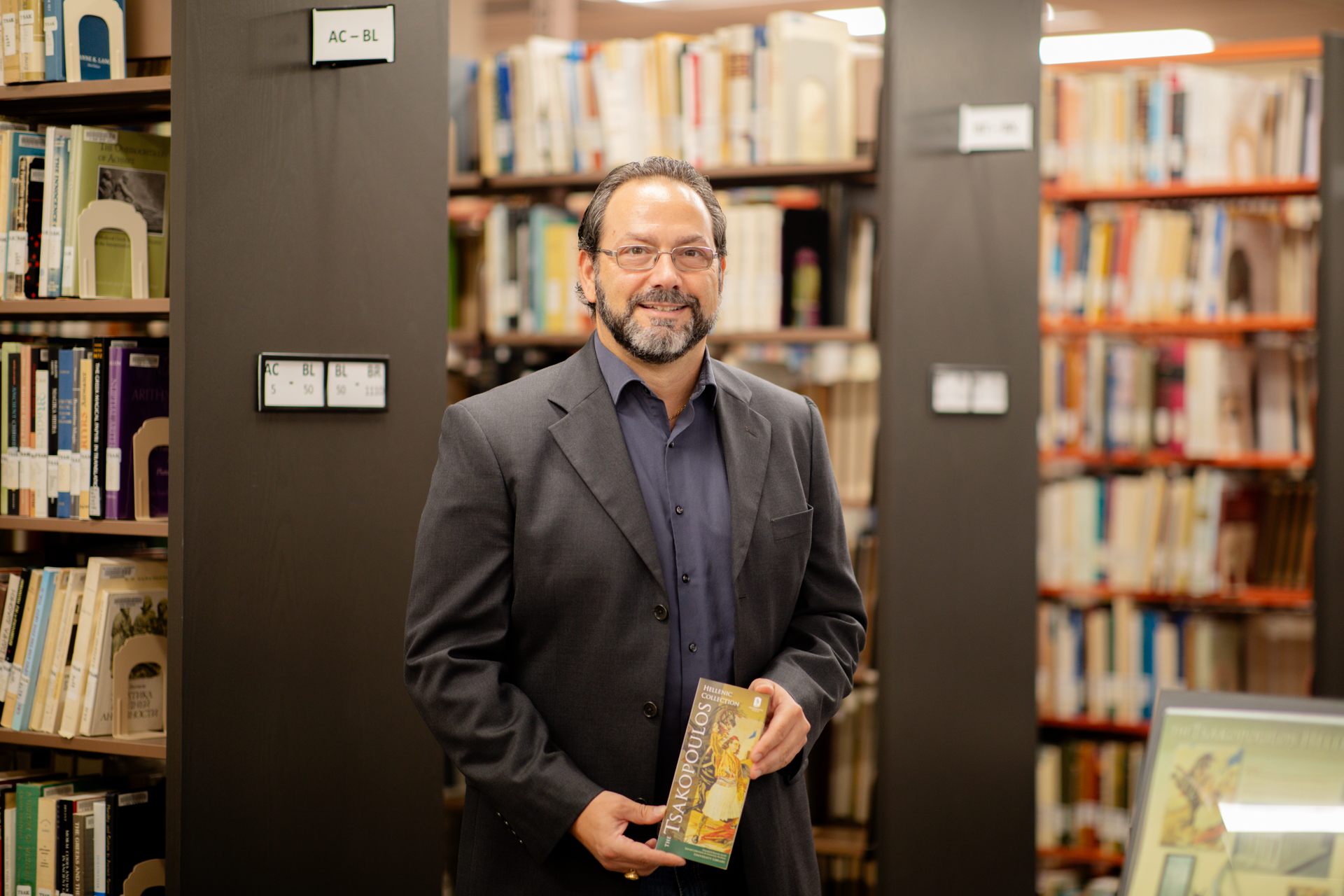
July 18, 2024
The Tsakopoulos Hellenic Collection is celebrating a major milestone: 20 years at Sacramento State.
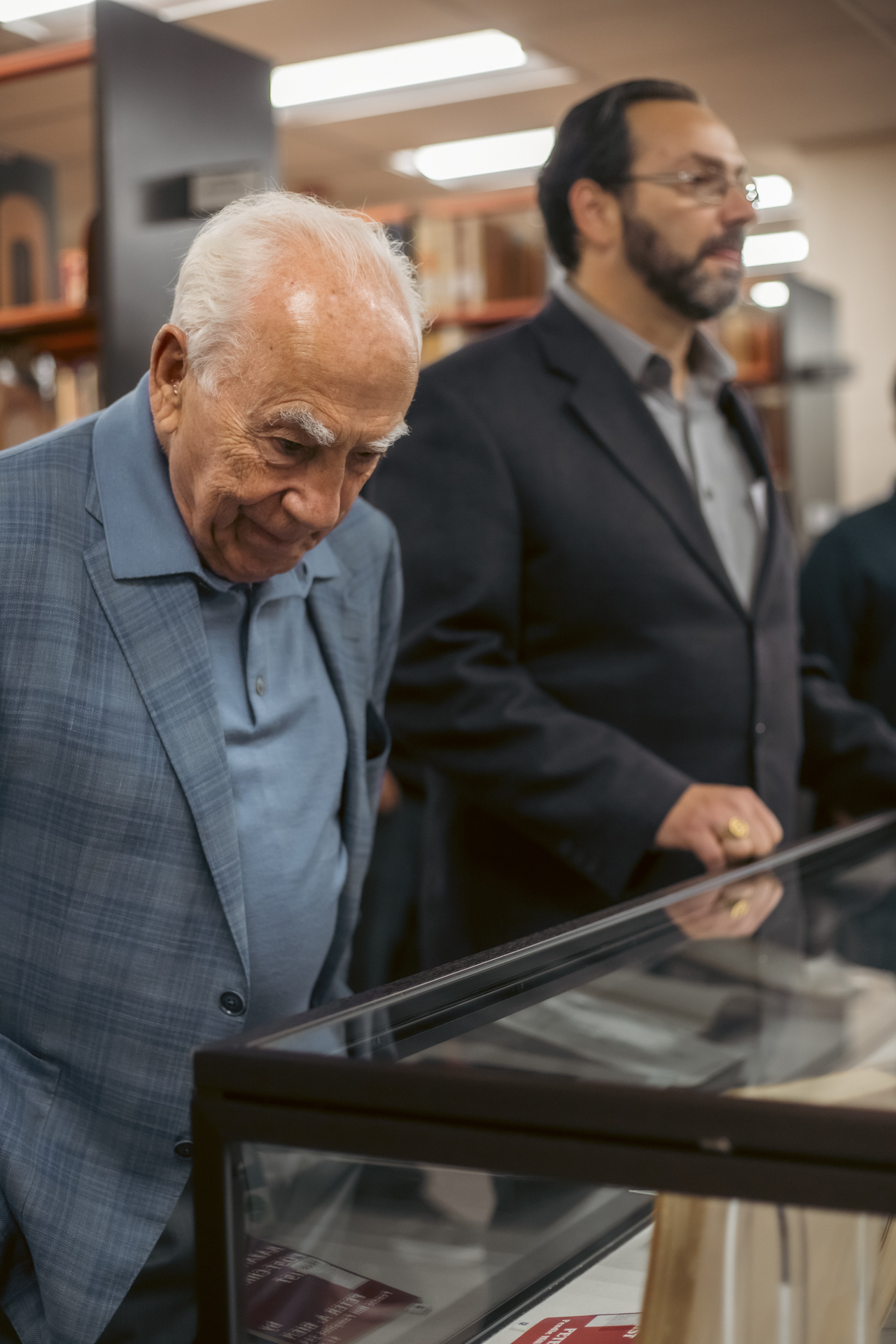
A part of the University Library’s Donald and Beverly Gerth Special Collections and University Archives, the collection has been an essential resource for students, the wider community and scholars worldwide seeking valuable information about Greek culture and history.
“Twenty years have gone by quickly. I've sort of grown up here,” said George I. Paganelis, who has been the collection’s curator since it opened to the public at Sac State in 2003. “This was really my first full-time, professional position, but it's the one I feel is my life's work, and I kind of feel like, in a way, that I was meant to be here.”
The collection originated with 15,000 volumes as the Speros Basil Vryonis Center for the Study of Hellenism in Los Angeles in the mid-1980s. It was moved to Rancho Cordova in the late 1980s, growing to nearly 70,000 volumes.
The Vryonis Center’s top financial supporter, Sac State alumnus Angelo Tsakopoulos, and his wife Sofia collaborated with then-Sac State President Donald Gerth to donate the collection after the center, hampered by limited access and low usage, closed in the summer of 2000.
“For all the money that was going into it, it wasn't getting the kind of use that those involved had hoped for,” Paganelis said. “They thought if it were made part of an academic institution, then a whole program could be built up around it. You would have a whole campus community and beyond able to access it.”
Today, the multidisciplinary collection spans more than 83,000 volumes, including books, articles, journals, physical and digital media, archives, oral histories, art and artifacts and more, covering ancient to modern Greece. It is the only collection of its kind in the western United States and one of the largest in the country.
Paganelis said his job involves securing donations and materials to continue growing the collection. Though expensive and time consuming, he is working to digitize parts of the collection, which is largely made up of physical materials stored on campus.
“It’s partly for preservation and also for access, because if you take our oral histories as an example, once you put them online, they're accessible to anyone with an internet connection,” Paganelis said.
Katerina Lagos, a History professor and director of the Angelo and Sofia Tsakopoulos Hellenic Studies Center, established Sac State’s Hellenic Studies minor program and the center in 2003-04. The minor utilizes the collection for coursework in foreign language, history, humanities and religious studies, philosophy, art and other disciplines.
The center, supported by a committee including Paganelis and other University leaders, provides students with scholarships and has hosted 65 lectures and nine exhibits. In addition to conferences, film screenings and musical performances, the center hosted the Modern Greek Studies Association biennial international symposium in 2019.
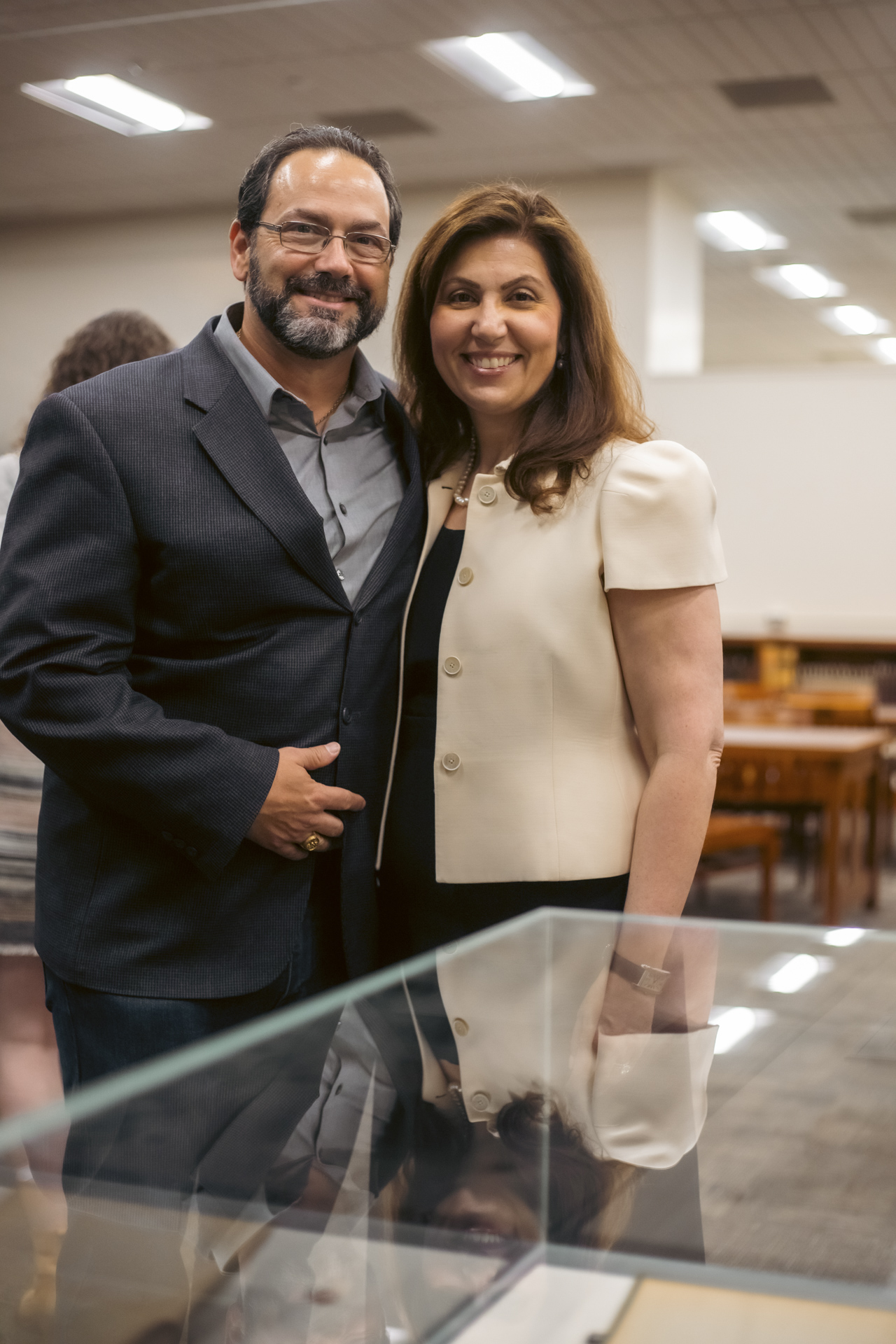
“We've had extremely powerful, influential people who have come to the collection and spoken or participated in events,” Lagos said. “But some of the greatest things that we've done have been our exhibits.”
The 2004 Olympics were held in Athens, and that year the center hosted an Olympic Games exhibit and lecture series. It was attended by 500 people, including former Supreme Court Justice Anthony Kennedy, and featured a keynote address by former British Ambassador to Greece Michael Llewellyn-Smith.
Lagos, who visited Greece this summer to network as she continues working to expand Sac State’s Hellenic studies opportunities, said the continued interest in ancient Greece and modern Hellenic studies is encouraging.
“I can’t believe I’ve been here for 20 years,” Lagos said. “It’s amazing to see how the collection and the program have grown and flourished. Most importantly, it has been about changing people's minds about Hellenic studies and how it's a great case study for most of the contemporary issues that we face today.”
The collection also supports the Hellenic Research Fellowship Program for visiting scholars. Launched in 2012, the grant-funded program has welcomed 37 scholars from countries such as Greece, Italy, Australia and the United Kingdom. This year, six more scholars will participate, including, for the first time, three writers in residence who will focus on uninterrupted writing time rather than research.
“Scholars who work in Hellenic studies, oftentimes, their home institutions don't have collections like this,” Paganelis said. “The fellowship program is important because we have this resource that's internationally significant and there are scholars who need access, so it's really bridging a gap.”
Sac State fellows have produced more than 50 publications from articles to books, including “Return Narratives: Ethnic Space in Late-Twentieth-Century Greek American and Italian American Literature” by Theodora Patrona, the program’s second-ever fellow who has since participated a second time to do further research on Greek American women’s writing.
Lagos and Paganelis have made careers out of working with the collection and helping students and researchers leverage its academic resources. Paganelis said much work remains – his goal is to grow the collection to 100,000 volumes before he retires – but ultimately, it’s about cultivating student interest in Hellenic studies.
“I’m fortunate to be doing what I’m doing,” he said. “I’m one of the very few people who gets to have a purview focused on Hellenic studies. I look forward to assisting more students who declare as minors, or even if they don't, just having students who go through some of these classes, and just have this feeling of enrichment, through exposure, and maybe even a desire to travel to Greece.”
Notable items in Sac State’s Hellenic Collection include:
- A second edition of the works of Plato (two volumes) with extensive marginal notes in a 16th-century hand. Hellenic Research Fellow Stefano Gulizia noted, "While the diffusion of the 1534 folio set is significant, what makes the copy now housed in Sacramento invaluable is the presence of marginal notes, which have only a few analogues in the world – namely, in other copies now in Cambridge (possibly annotated by John Caius), in Salamanca (owned by Diego de Covarrubias), at the Huntington Library and at the Beinecke Library of Yale (with extensive, though erratic MS notes)."
- One of the few surviving copies of the only Esperanto-Greek/Greek-Esperanto Dictionary ever published (1914).
- A sizeable collection of rare leftist underground newspapers published by Greek exiles in Europe during the years of the military dictatorship (1967-1974).
- The largest collection of Greek/Greek American sheet music in the country, which was part of the Demakopoulos collection acquired in 2011, and a piano formerly owned by Dimitri Mitropoulos, conductor of the New York Philharmonic from 1951-1958.
- A recently acquired annotated 50-page typescript in Greek written by Vassilios G. Spanos telling the story of his escape by boat along with fellow political prisoners while exiled on the Greek island of Folegandros during the Metaxas dictatorship of the late 1930s. Paganelis and staff plan to have it translated into English later this year.
The Tsakopoulos Hellenic Collection is in the University Library, room 3034, and the Donald and Beverly Gerth Special Collections and University Archives. It is open to the public during regular Library hours. Learn more by visiting the collection online.
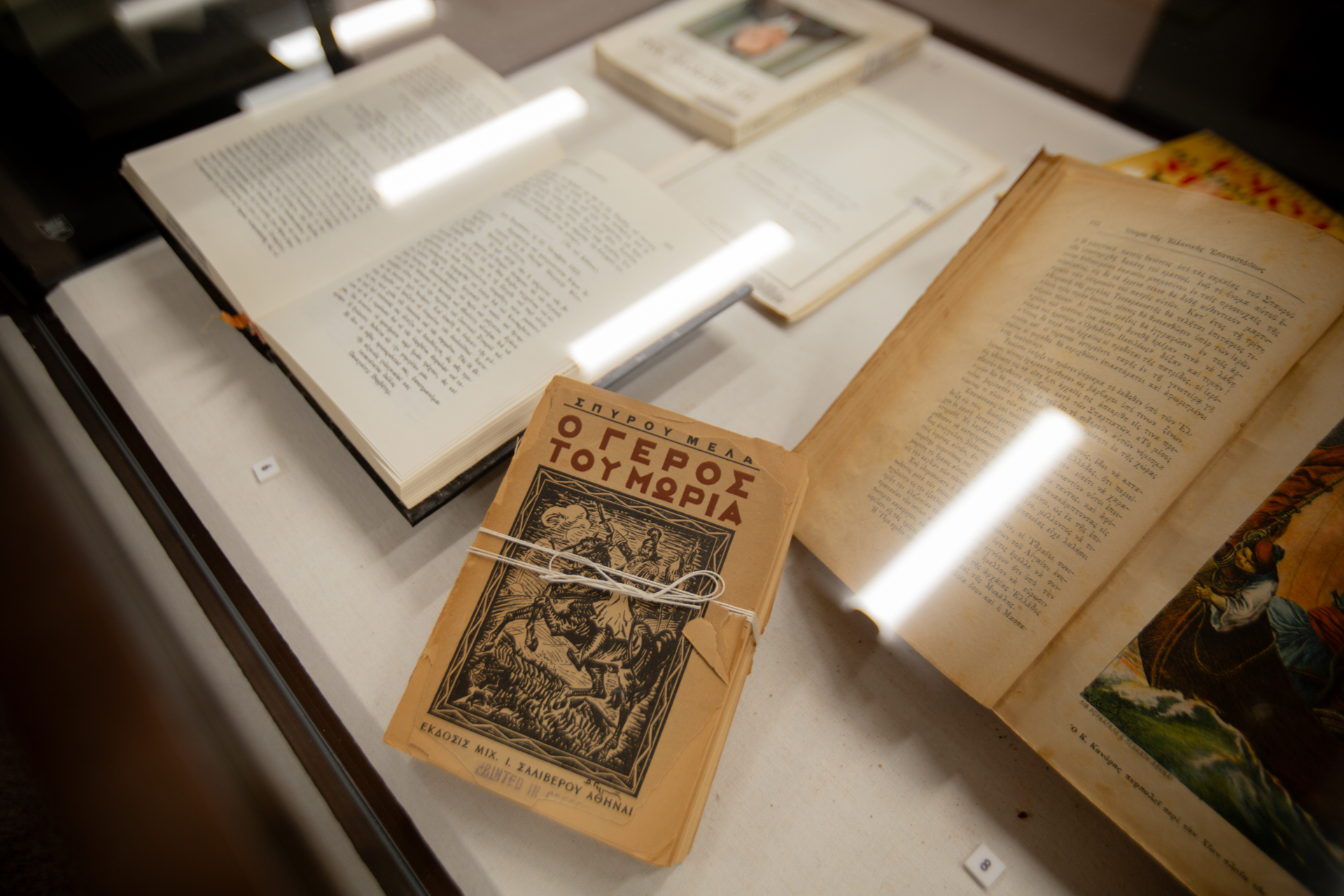
Media Resources
Faculty/Staff Resources
Looking for a Faculty Expert?
Contact University Communications
(916) 217-8366
communications@csus.edu
